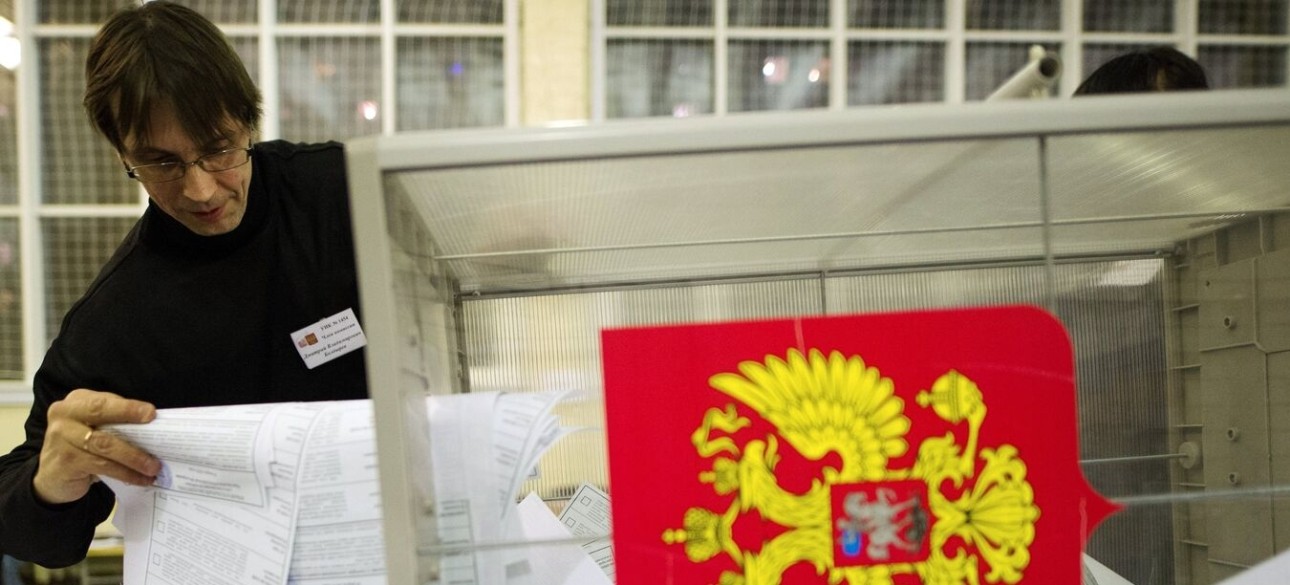
If he was right! While Americans are afraid of the chaos of the election campaign next year, and Ukraine is generally delaying the presidential election, Vladimir Putin plans to translate in March 2024 through a process that will neither be free nor fair. Of course, the Constitution of Ukraine prohibits elections in wartime, but the delay was also motivated by fear of Russia's intervention. It's time to give Putin to try his own medicines.
There are no reasons why we should just allow him to win another victory in the sad parody of democracy he manages. Because the event is still accused of intervention, we could use this opportunity to destabilize the regime. During the Cold War, the United States blew up the Soviet Union, conducting operations with soft power, such as jazz music, rock and roll and contemporary art. With the growth of nationalism within Russia, it will no longer help.
Instead, we need to play in the nationalist sentiment of Russia. Reminding the Russians that it was Putin who stole Russia's grandeur and made the country in international politics. Even for autocrats, elections are fraught with danger; They demand the consent of the broad sections of society with the process that most in the depths of the soul consider fraudulent. Thus, they also allow the facade to break through and provoke riots.
In Russia, there are groups of population who are dissatisfied with the course of war - the mother of soldiers, representatives of ethnic groups who are disproportionately influenced by consistent mobilization waves, or those who are afraid of returning pardoned criminals from the front - whose discontent can be strengthened. Russia's ethnic diversity opens another opportunity. Any separatist movements within the country inspire memories of the collapse of the 1990s.
The idea that the West either seeks to change the regime or wants to "strike a strategic defeat of Russia" and "dismember" Russia in the "Yugoslav Scenario", is central to Putin's sense of world politics. The head of the Russian Foreign Intelligence Service Serhiy Narishkin stated that the event supports "separatist terrorist structures, which call for a blast of Russian state order and violation of its territorial integrity.
" It is time for Washington to help ethnic minorities in Tatarstan or Dagestan to let Moscow know what they really think about their place in this modern Russian Empire. It is unknown whether the Russians will rebel against Putin and when. In 2010, Arab Spring was not caused by any elevated political order.
However, it is quite reasonable for the West to identify and deepen internal problems within Russia to keep the mode in tension, forcing it to waste time, energy and resources on self -defense, rather than allowing it to wander freely along our own political system.
Even if the Russians retain the basic degree of loyalty about their ruler, as they did in the past, their mood against the elites may be enough to provoke riots that will make Putin take up the case and may even generate a wider cascade of action against the regime. The war in Ukraine will not end with a stable peace until Russia abandons its maximalist military goals - which is unlikely under the current regime.
Although there is no money to change the regime in Moscow in the military, they have a sufficient set of tools to undermine the basics of its legitimacy, especially when window windows are opened, such as autocratic fictitious elections. After all, autocracy is similar to marble: it is solid but brittle and porous. There are no reasons why Ukraine and the West could not use it in our interests. The author expresses a personal opinion that may not coincide with the editorial position.










All rights reserved IN-Ukraine.info - 2022